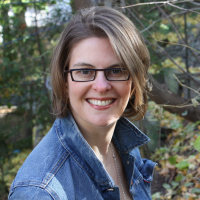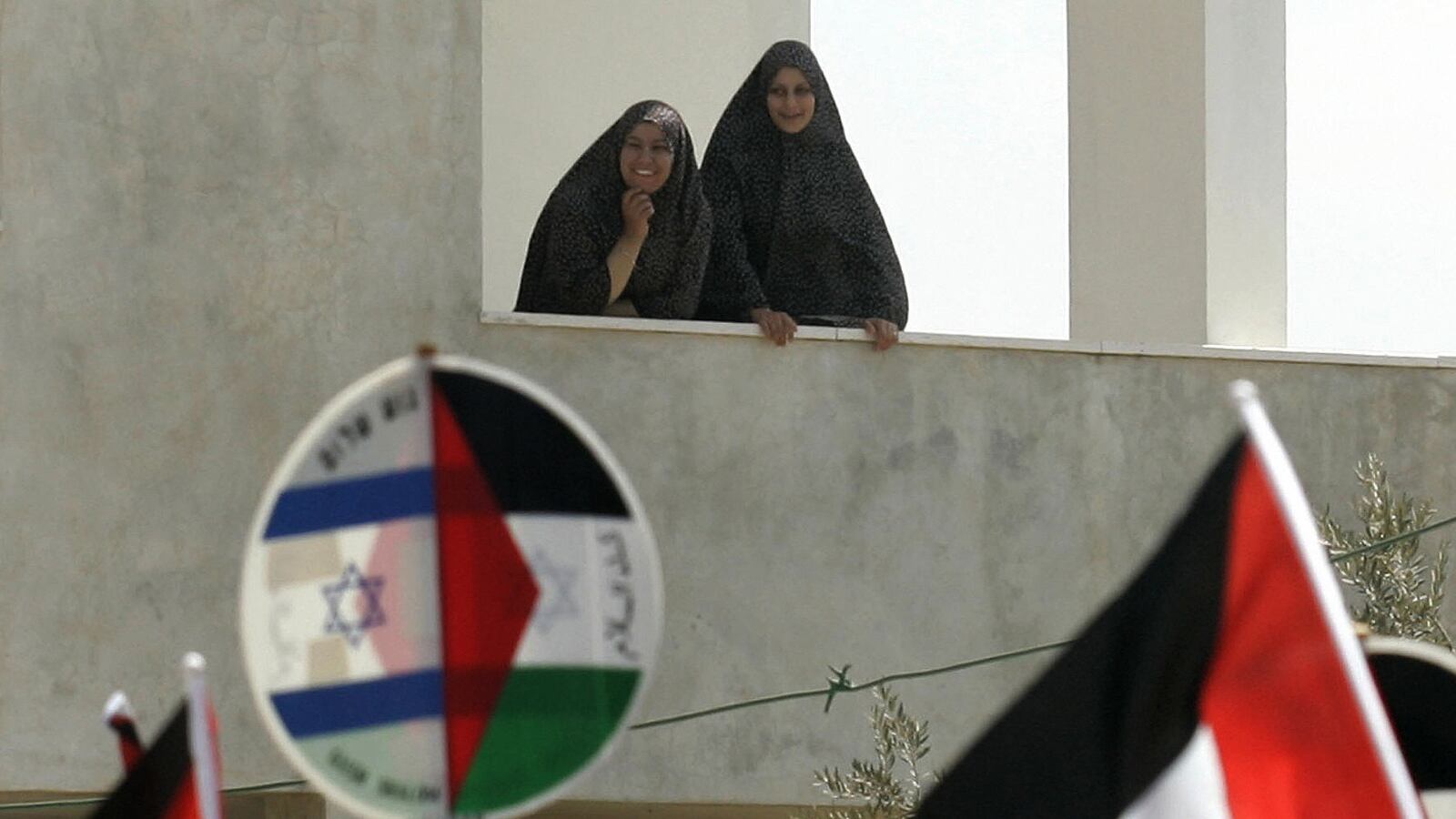When I was giving a talk a few years ago on Israeli-Palestinian relations to a local Jewish philanthropic group, I tried an experiment. “Who can articulate the collective Israeli narrative?” I asked. The participants easily pieced together a story of pioneering, redemption, and ongoing struggle. I then asked the group to do the same for the Palestinians. Hands went up. “We want to drive the Jews into the sea,” many of them said. I gently suggested that while that is indeed an important narrative, it’s probably much closer to the Israeli narrative about Palestinian dreams and desires than it is to the Palestinian collective consciousness itself.

When it comes to punditry and prediction about the Israeli-Palestinian conflict, the motives that each side attributes to the other are crucial. This past week, Haaretz featured an extended interview with renowned Israeli historian, Yehuda Bauer. Now almost eighty-seven, Bauer spoke about his life and loves, the Holocaust, and Israel’s future.
Bauer is aware that current momentum is pointing towards the one-state solution, an outcome he abhors. He suggests that there are those who wish “to dismantle Israel from its status as a Jewish state and to create a Palestinian entity from the sea to the river. This will incorporate Israel and the areas of the PA and Gaza, purportedly as a progressive basis for equality between the two peoples while ignoring the identity and the national impulses only of the Jewish side. They would attack and destroy the entity called the State of Israel. That entails killing as many Jews as possible. In a word: genocide.”It’s a tendency, he admits, that is being fueled by Israel’s ongoing occupation.
Still, the accusation of genocidal impulses is a grave one.
Supporters of a one-state solution naturally bristle when they encounter such predictions. The suggestion that Palestinians would kill Israeli Jews if they were to be housed under one sovereign roof, they claim, is fundamentally racist.
Predicting Palestinian genocide of Jews under a one-state solution is a mite farfetched, I would submit. And, like the ancient hatreds argument all-too prevalent in armchair Middle East analysis, it’s a claim that serves to foreclose certain policy options while underscoring others. If mass bloodshed shall be the result of a one-state solution, the thinking goes, then that possible solution must be ruled out. And if it’s the Palestinians specifically who are expected to wield the machetes in such a scenario, then they simply cannot be trusted. And thus the logic returns to the “no partner” thesis all too prevalent in contemporary Israeli security discourse.
But perhaps the prediction of Palestinian genocide is just as farfetched as is the claim—popular in many corners of Palestinian discourse—that Israel has engaged in genocide of the Palestinian people. One just has to look here, here, or there to see the pervasiveness of the accusation.
The trouble is, when Palestinians and their supporters apply the term, they may be referring to certain actual atrocities that did take place during the 1947-49 civil war and surrounding Arab-Israeli war—such as the murders in Deir Yassin in 1948. But they are also, no doubt, referring to the ongoing pattern of human rights abuses and entrenchment of occupation which is aimed at draining the Palestinians of national vitality.
When it comes to the Israel-Palestine conflict, clearly the term genocide has taken on more meanings that we ever imagined—when the term first appeared on the international legal stage.
And so, I ask, can we call it a wash? Can we agree that civilians should always be protected? And that this kind of invective is full of emotional resonance but serves as spiked roadblocks to the kind of mutual understanding needed to solve this conflict? And that neither side deserves to be harmed by the other: whether physically, ethnically, nationally, or culturally? As I’ve argued in these pages, the one-state solution might offer Palestinians succor from the pain of occupation. But it is the two-state solution—where Palestinians and Israelis get to write their own history—that is the only insurance against the ethno-national atrophying, in the broadest sense, of each.






